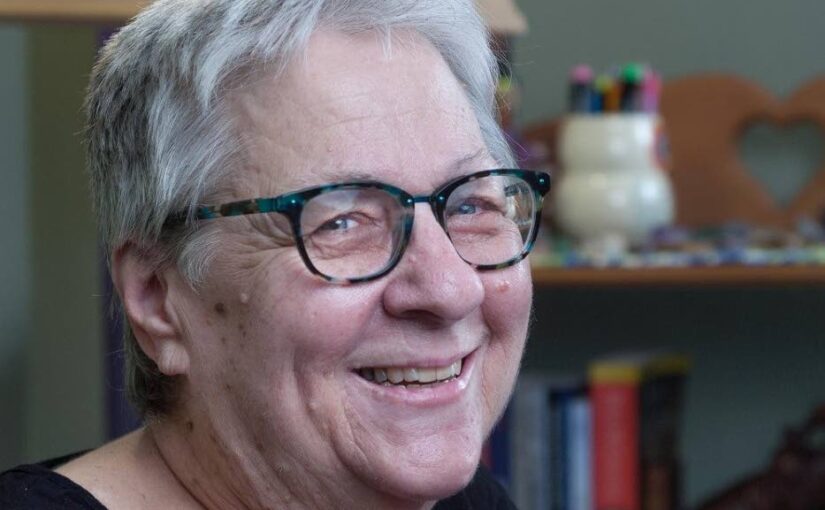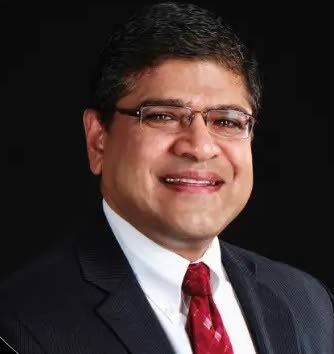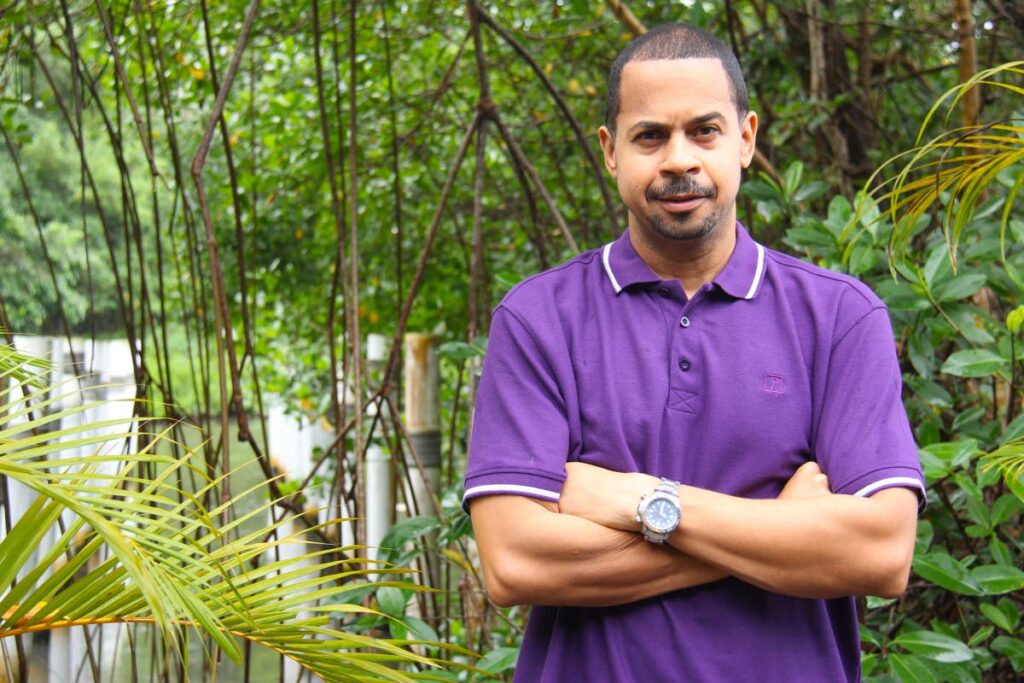An Ode to Mark Loquan
Written by Debbie Jacob on October 21, 2024

THERE’S AN art to coming off as an ordinary person when you’re really special beyond all measure, and Mark Loquan has mastered that feat. Receiving the Order of the Republic of Trinidad and Tobago (ORTT) sheds some light on his accomplishments in science, industry and music, but there is no way to truly appreciate the scope of his achievements that crosses disciplines and boundaries.
He is “Trini to the bone,” a quintessential West Indian and as international as you can get. To know him – even just a little – is to witness just how far creativity, drive and discipline can reach and to understand how we don’t have to make choices that eliminate one path or another in life.
Most of us have been conditioned to take a single path – the expected one of a traditional job rather than the risky, creative one that offers no guarantees of success. To be equally successful at both is rare and inspiring.
Loquan joined Silver Stars Steel Orchestra in 1992 as a tenor player and wrote pan songs at least back to 1999 when he co-wrote Glory with Andy Sheafe. From 2013 to 2016 he was a tenor player and musical director for the first steelband in Western Australia, Perth Pandemix. He launched the Music Literacy Trust (MLT) through Yara Trinidad in 2004. His creative, business and community service endeavours appeared seamless.
Collaborating with Simeon Sandiford of Sanch Electronix Ltd in 2005, he released a dual compact disc to help beginning pan students learn pan and work their way up to sophisticated pan arrangements. There was no other CD like it, and he made it special by providing social, historical and biographical notes on pan with the musical instructions.
It was a forward-thinking teaching tool with learner outcomes for educators. His ultimate goal was to teach students to score pan at a time when most pannists were musically illiterate.
Much of his work with pan took place while he worked in various industry jobs and lived abroad, including Finland and Angola. In Finland, he travelled to Sweden to play pan. In 2011 when Destra Garcia sang Calling Meh, the song Loquan co-composed with Ken “Professor” Philmore was playing in the Savannah, he wasn’t in the country to hear it. Loquan was working in Angola.
“I will be missing Carnival this year. I’ll just have to watch on stream or try to find a radio station online that may be carrying Panorama,” he wrote in an e-mail. He was working for Yara International ASA, a global firm specialising in agricultural products and environmental protection agents, the type of conscientious business decisions Loquan would support.
He had been running the Trinidad operation for six years, from 2002 to 2008, and he had been co-composing pan tunes with Philmore since 2008. Back then I wrote, “If you meet Loquan on the street, you wouldn’t guess he’s a Carnival person. Low-keyed, quiet, reserved and refined, his interest in music, pan and Carnival is as much technical and academic as it is practical. But then there are those who only know him from pan and never realised he had a job outside of Carnival and music.”
One of Loquan’s early projects of the MLT was to hand over scores of Philmore’s and Bobby Mohammed’s pan arrangements to UTT, UWI and Costaatt to be used in the music curriculum. Loquan expanded the world of pan by making it a musical literacy project and preserving pan music for archives and teaching.
These music programmes filtered down to the grassroots too – like the City Angels programme that started in south-east Port-of-Spain with eight schools, one secondary and seven primary, that met for a three-week workshop in July 2010.
The programmes he began always got handed over to someone capable to continue them when he got posted overseas for work. There is never anything selfish or self-serving for Loquan.
Always humble, supportive and appreciative of this culture, he once said, “Pan has been a great outlet for creativity and expression. It has been so rewarding to meet so many talented players, pan legends, local and foreign bands…”
In 2016, Loquan finally landed at the National Gas Company (NGC), making his mark there in the energy sector.
With all this said, I still find it challenging to describe Loquan’s impact on this country, so I’ll just let David Rudder express our sentiments through the song that captures him the best: Beloved.
The post An Ode to Mark Loquan appeared first on Trinidad and Tobago Newsday.




